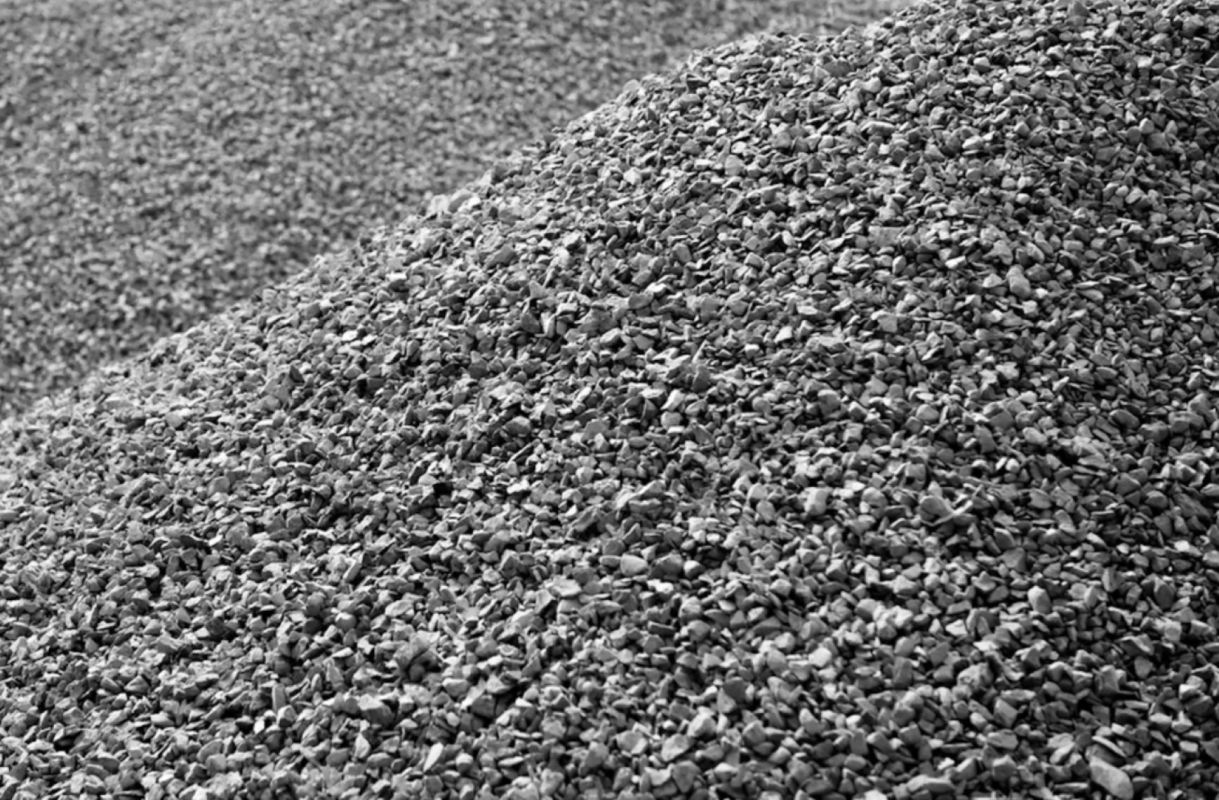They may not look like anything special, but rocks are having their moment as a potential energy storage solution — and could make popular refreshments even more eco-friendly.
As detailed by Interesting Engineering, Brenmiller Energy is using crushed rocks to capture and store heat for days at a time. The Israel-based company's bGen technology can then be used to provide reliable renewable energy to manufacturers, helping to significantly reduce harmful pollution associated with industrial heating and energy combustion.
The crushed rock battery works by affordably transforming electricity into steam or hot air, according to Brenmiller Energy CEO Avi Brenmiller.
"The bGen can reach up to 750°C/1400°F and discharge steam, hot water, or hot air at temperatures of around 500°C/1000°F, which are more than sufficient to meet the demand of low- and medium-temperature industrial processes," Brenmiller told the online magazine, noting that food and beverage production are among the sectors that could be supported.
The transition to clean energy is part of a worldwide effort to limit the warming of our planet to 1.5 degrees Celsius (2.7 degrees Fahrenheit) above preindustrial levels, as dirty energy fuels like gas, oil, and coal are the primary cause of human-driven overheating.
Large-scale storage is an essential part of moving toward a cooler future without grid disruptions, though, since solar and wind power aren't generated at a consistent and around-the-clock clip.
While lithium-ion batteries have shown promise as a solution, their production requires mining for rare minerals like nickel and cobalt, as Interesting Engineering pointed out.
These practices can cause large amounts of pollution and be invasive. Rocks, on the other hand, are easy and cheap to obtain, and more than one recent storage project with them has delivered promising results.
The concept isn't new, according to Brenmiller.
"NASA has been testing thermal energy storage (TES) technologies since the 1970s. What is new, at least for Brenmiller, is our team's ability to apply nearly four decades of experience building, installing, and operating hundreds of MWs of solar thermal plants," the CEO told Interesting Engineering.
Brenmiller Energy, which has been using rocks to create zero-carbon heat since 2012, is now partnering with Tempo Beverages after receiving a grant worth around $610,000 from the Israeli Ministry of Environmental Protection.
Tempo, which produces drinks for major brands like Pepsi, Heineken, and Nestle, will have Brenmiller's bGen thermal energy storage system constructed and installed at its facility as it aims to replace its oil-fueled boilers.
The project will be able to store 35 megawatt-hours (MWh) of energy.
"Our talks with Tempo are meant to bring a whole new meaning to what it means to 'drink responsibly,' and we are grateful to the Ministry for its support of this novel clean energy project," Brenmiller said in a press release for the company in April 2023.
Join our free newsletter for weekly updates on the coolest innovations improving our lives and saving our planet.









